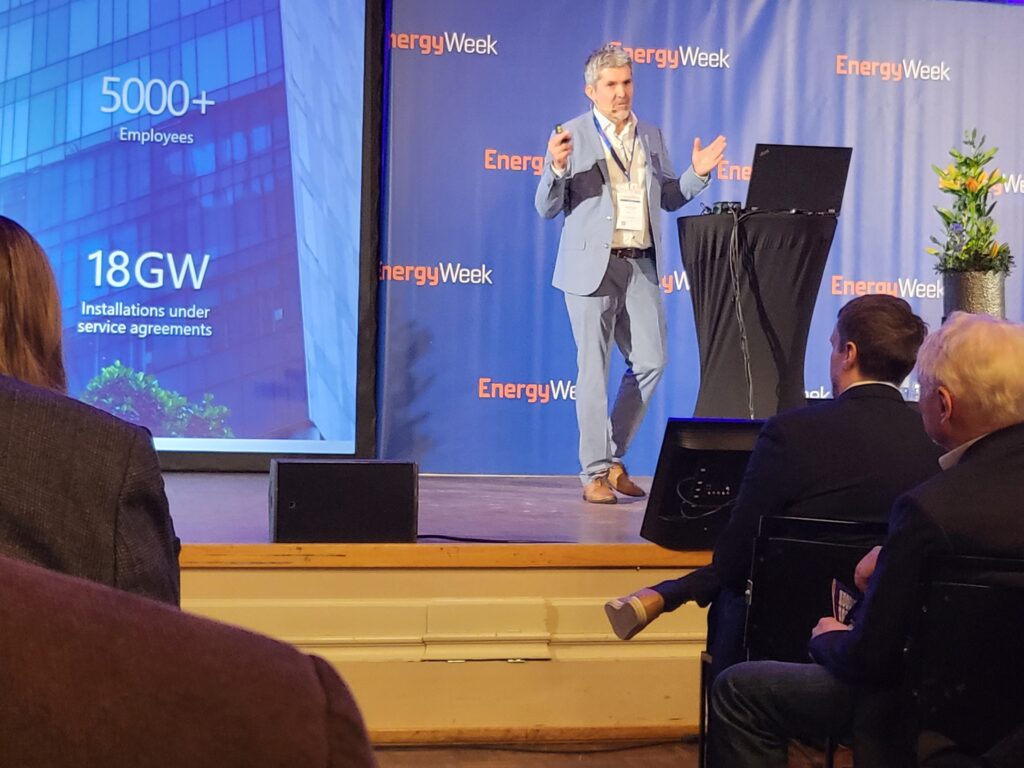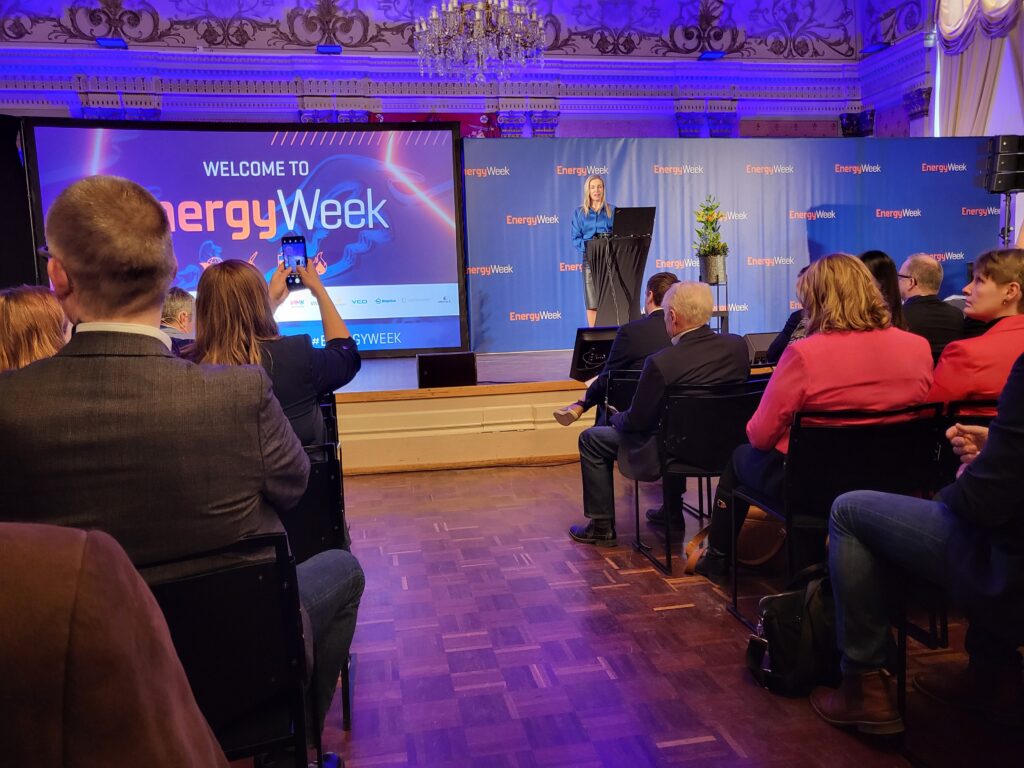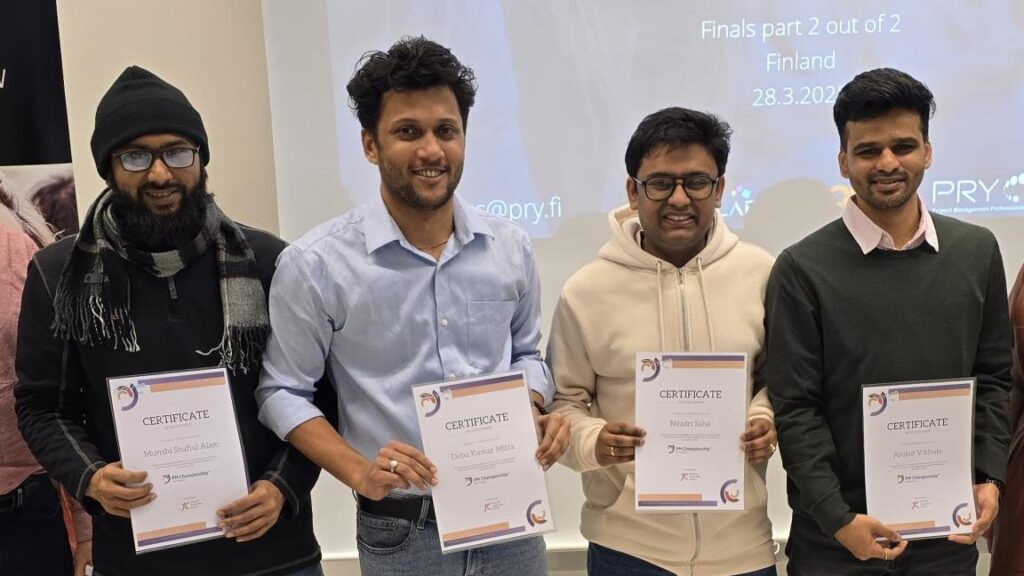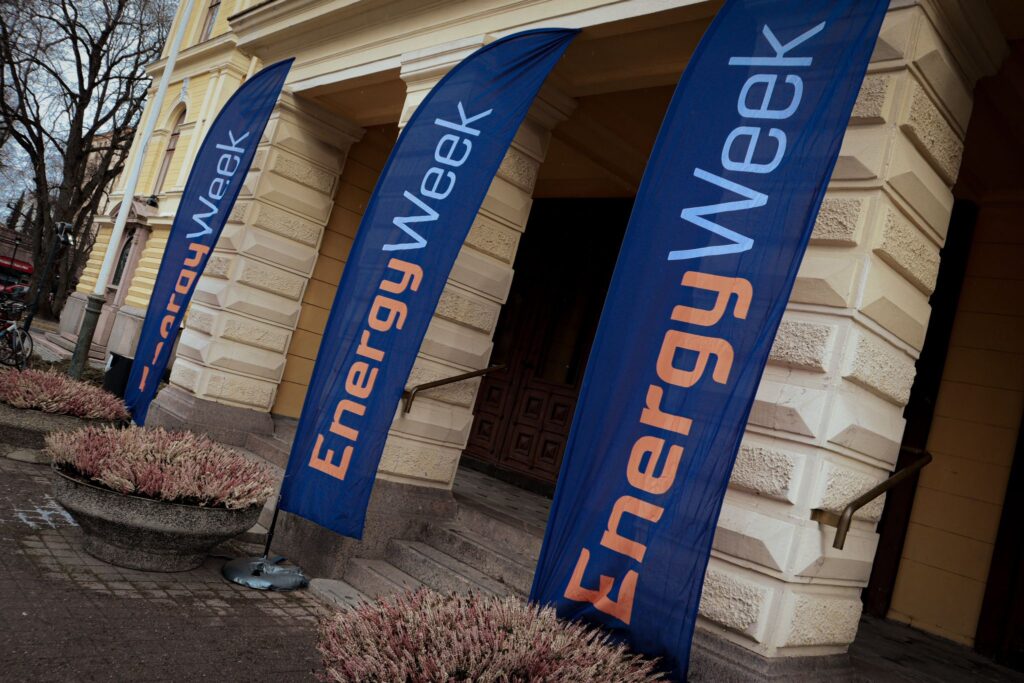According to the Ostrobothnia Chamber of Commerce, Europe must invest its way out of the climate crisis. “The green transition is faster in an encouraging and predictable environment,” explains their CEO Paula Erkkilä.
Climate change presents the greatest threat to humanity. With such a dramatic statement, Paula Erkkilä opened this year’s Energy and Environmental Seminar, which was the opening shot for EnergyWeek.
“The climate crisis is bringing us together here today, but freeing us from fossil fuels has also become a security issue,” Erkkilä adds.
Investment is the key
Paula Erkkilä believes that the changes necessary are not possible without investment. According to her, Europe must invest its way out of the climate crisis and Finland can play an important role in this process.
“Developing the technology for the green transition can be a strong asset for Finland,” she says.
There are many indications that investment is also on the way. At EnergyWeek a year ago, green-transition investments of around EUR 12 billion were planned for the region covered by the Ostrobothnia Chamber of Commerce.
“During the past year, this figure has almost doubled to EUR 23.5 billion,” she adds.
Growth through innovation
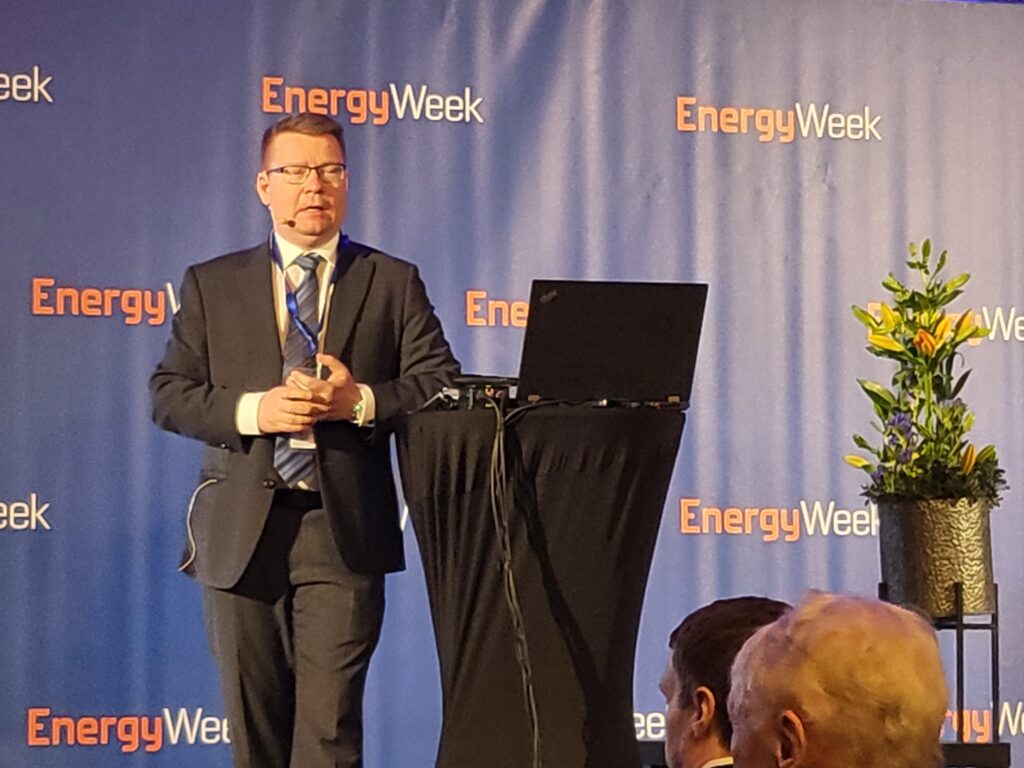
Timo Jaatinen, Permanent Secretary of the Ministry of Economic Affairs and Employment, is also a speaker at the seminar. Jaatinen stated that it is great to be in Vaasa and made the point that if the rest of the country was in the same situation as here, the challenges being faced nationally would not be as big.
Timo Jaatinen says that the debate in the country is fully focussing on the wrong issues; we are discussing tax cuts and savings but not how to get the wheels of the economy turning.
“From where do we get new growth?” he wonders.
The suggestion that he proposes, which is in line with industry and universities, is to put more effort into research and development.
“This should lead to innovation and investment,” says Timo Jaatinen.
First or last?
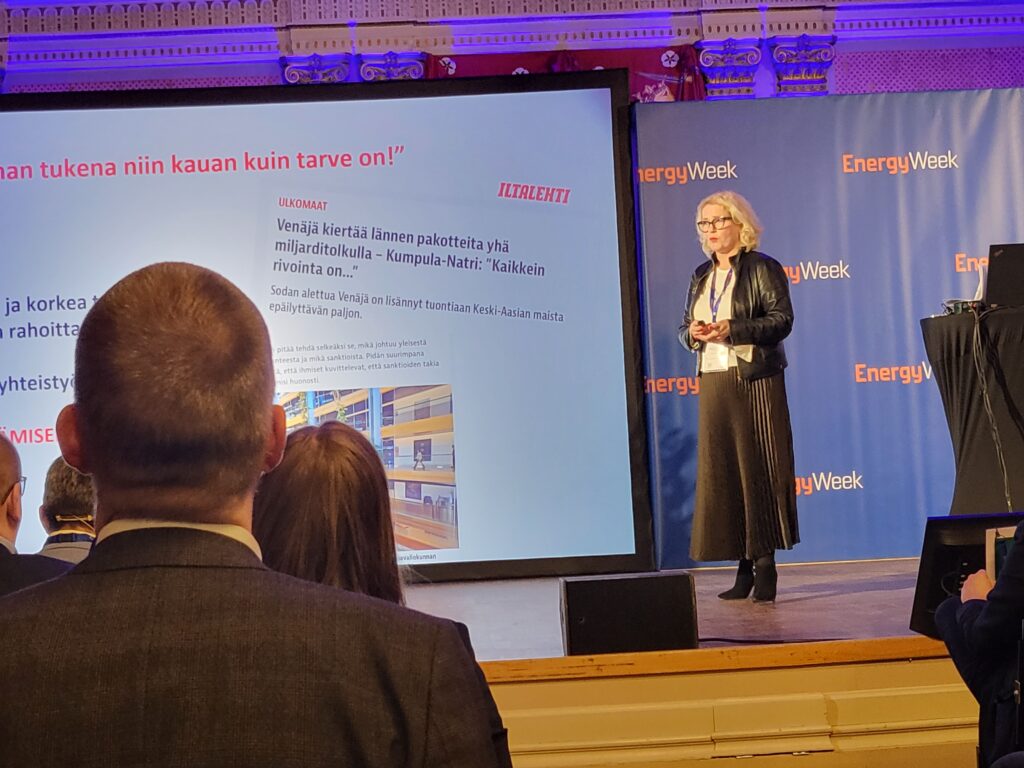
Miapetra Kumpula-Natri, a Member of the European Parliament, asked the question of whether it is worthwhile to be the one who does things first, which is very expensive, or risk being the one who is late for the party.
“It’s a difficult balancing act that industry has to manage,” says Miapetra Kumpula-Natri.
One role of the politicians, however, is to make predictability as accurate as possible, explains Kumpula-Natri.
Clean and affordable energy
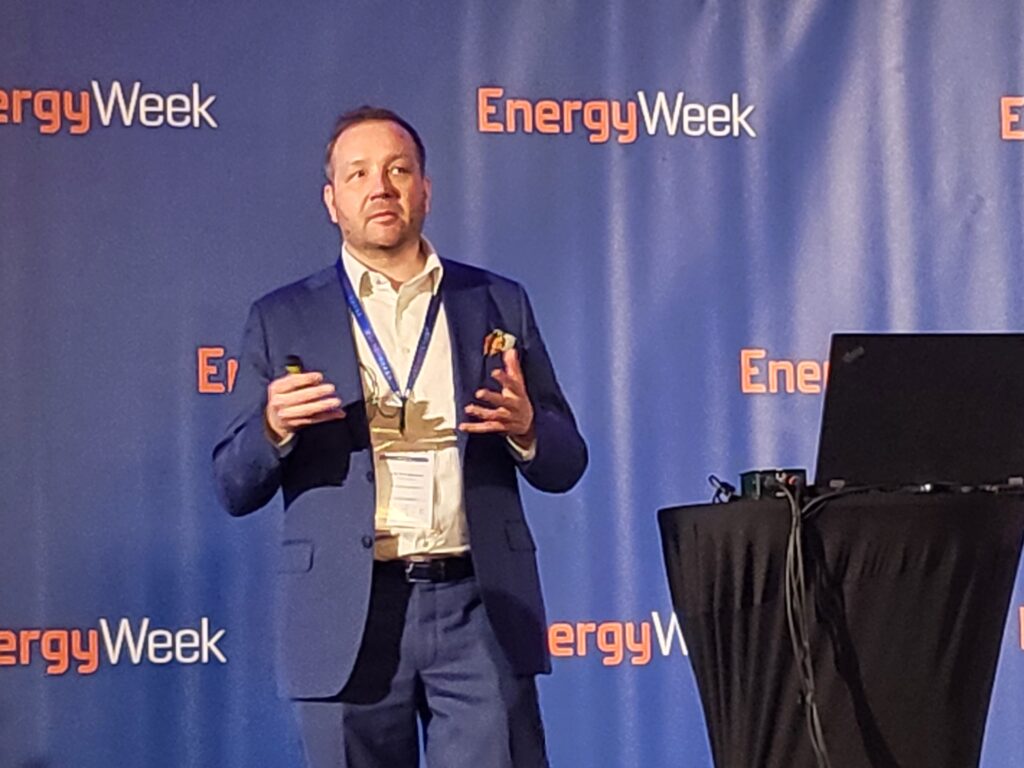
Speaker Juho Romakkaniemi, CEO of the Finland Chamber of Commerce, says that climate responsibility has become a matter of course for companies, although there is still much to be done on a global level.
“Clean and affordable energy is Finland’s competitive advantage,” he adds.
Wärtsilä’s Kenneth Engblom states that the increased interest in solar and wind power started with the environment but is now also cost-driven.
“Even if we include the costs of balancing power, these are the most affordable energy sources,” explains Kenneth Engblom.
